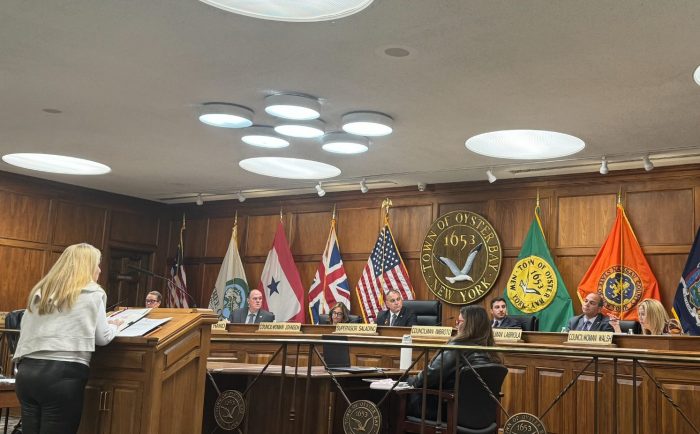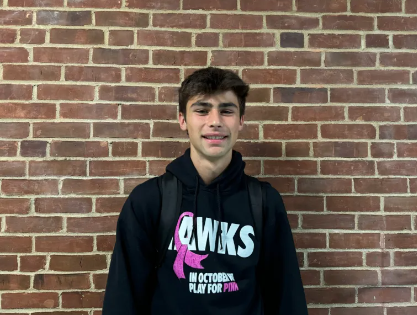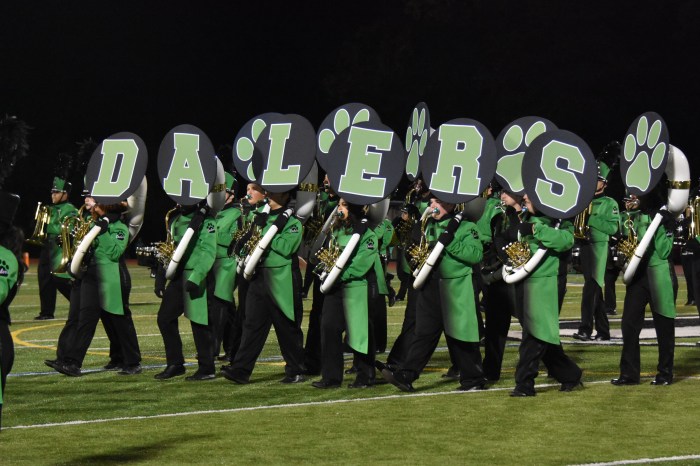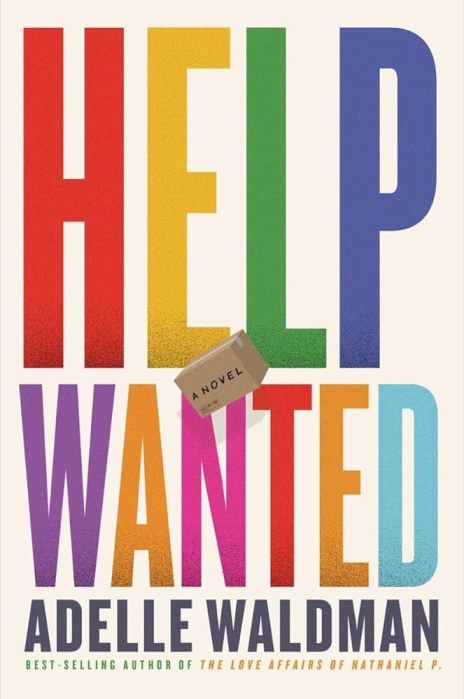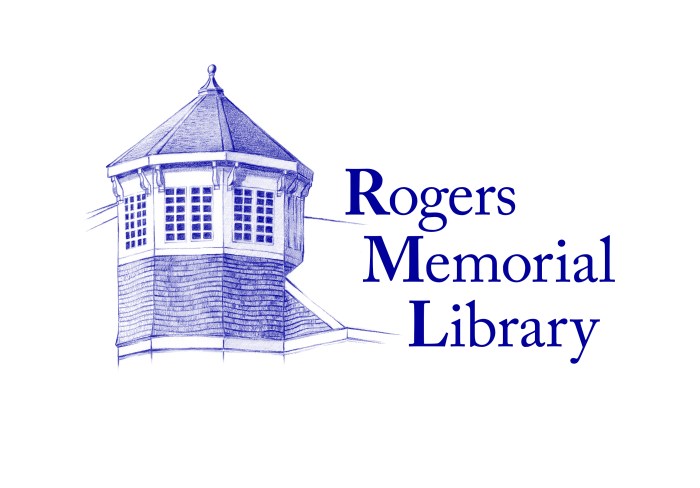Celebrating The Secatogue Nine

In 2014, a David vs. Goliath-like court case played out on Long Island. Latin American immigrant families living at the Secatogue Apartments in Farmingdale had fought an 8-year legal battle after being displaced from their homes, and had finally reached a substantial settlement. The achievements of this case in favor of the “Secatogue Nine” — referring to the nine plaintiffs involved in the case — stood as a major victory for advocates for immigrant rights, affordable housing, and equitable development. Now, ten years later, Hofstra University, whose students and staff played a pivotal role in the litigation of the case, have released a podcast recapping the case and its impact on immigration policy across the Island.
Stefan Krieger, Professor of Law, has been with Hofstra since 1992. Back in 2004, a case was brought to his desk through a community organization in Hempstead, regarding decrepit living conditions at 150 Secatogue Ave in Farmingdale. “We began with a case against the landlord for the substandard conditions of the building, seeking to have them improved,” explained Krieger. “In the process, the Village was going ahead with a redevelopment plan fronted by the mayor at the time. There were different iterations of what the building was going to be, but eventually a developer at Fairfield Properties was recruited to redevelop, which displaced all the tenants in the building.” The tenants of this 54-unit building were seeking updates to make the building more inhabitable, and suddenly found themselves in the middle of a development plan that sought to displace them entirely. Most of the tenants in the building were Latino.

Throughout the years, over 100 of Krieger’s students worked on the case and helped represent these clients. The case was brought to court by Krieger and his Hofstra students alleging that the Village law was discriminating in housing on the basis of race. “We argued that they wanted the building redeveloped to displace the Latino community housed there. The Village argued there was no discriminatory intent. We countered that, not only was there discriminatory intent, the impact of the redevelopment plan disproportionately displaced Latinos.”

Three elements played into the success of the settlement, according to Krieger; the good faith efforts of newly elected Mayor Ekstrand and his office, the lawyering of Hofstra’s students, and the perseverance of the tenants. It is in an effort to highlight these achievements that Hofstra has spent the last seven years crafting its five-part podcast, Que Pasa Long Island: The Story of the Secatogue Nine.
Mario A. Murillo, Professor of Radio Journalism and Vice Dean of the Lawrence Herbert School of Communications, played a substantial role in the podcast’s development. The podcast emerged as a seven-year project, originally intended to be recorded as an oral history of Latino families in suburban Long Island. But working with Krieger revealed the potential to go deeper on this case. “As we started interviewing them, we realized this was a very complicated story, and just putting out the interviews wasn’t going to be enough,” Murillo said.
As the podcast came together, Murillo was able to reflect on the importance of telling this story. “These were people who really wanted to be a part of Farmingdale, wanted to be a part of this community. They struggled, they worked hard, some of them left terrible situations in their home countries to come to a place like Farmingdale, and they ended up ostracized.” He wanted to ensure that true care was given to the hardships of the families affected.

The podcast has been released in five parts. “First we wanted to show who these residents were — primarily Latino, from Central America, El Salvador, from Honduras, Mexico, Guatemala — who these people were. Because too often when we discuss immigrant rights or immigration reform, we never really hear the voices of those people, and why they’re leaving their countries and coming here,” Murillo explained. “Then we wanted to talk about the journey of these families to Farmingdale, how and why they landed there, and what were some of the struggles they faced.” The third part of the podcast focuses on how the displacement unfolded; how the landlords and owners of the building did not listen to the residents about the decrepit state of the building. The fourth episode focuses on how part of the major issue that was litigated was that members of this community were not included in the planning and the development of this infrastructure. The final episode reviews how the case itself was litigated.
Krieger hopes the story can serve as a model for other law classes or students. “These issues do not have to be situations of contentiousness in a community. With good faith and the efforts of the community, there can be a total positive change. When I look back at Farmingdale, talk about a community that is revitalized, diverse… that is the success of a case like this, and that is the success of people working together.”
Readers interested in listening to the podcast can do so now on Spotify, iTunes, or Apple podcasts. Que Pasa Long Island: The Story of the Secatogue Nine will also be broadcast on WRHU, Hofstra University’s radio station, and on WBAI — 99.5 FM NYC public radio. A website is also currently in development, and likely to launch at the end of February.




